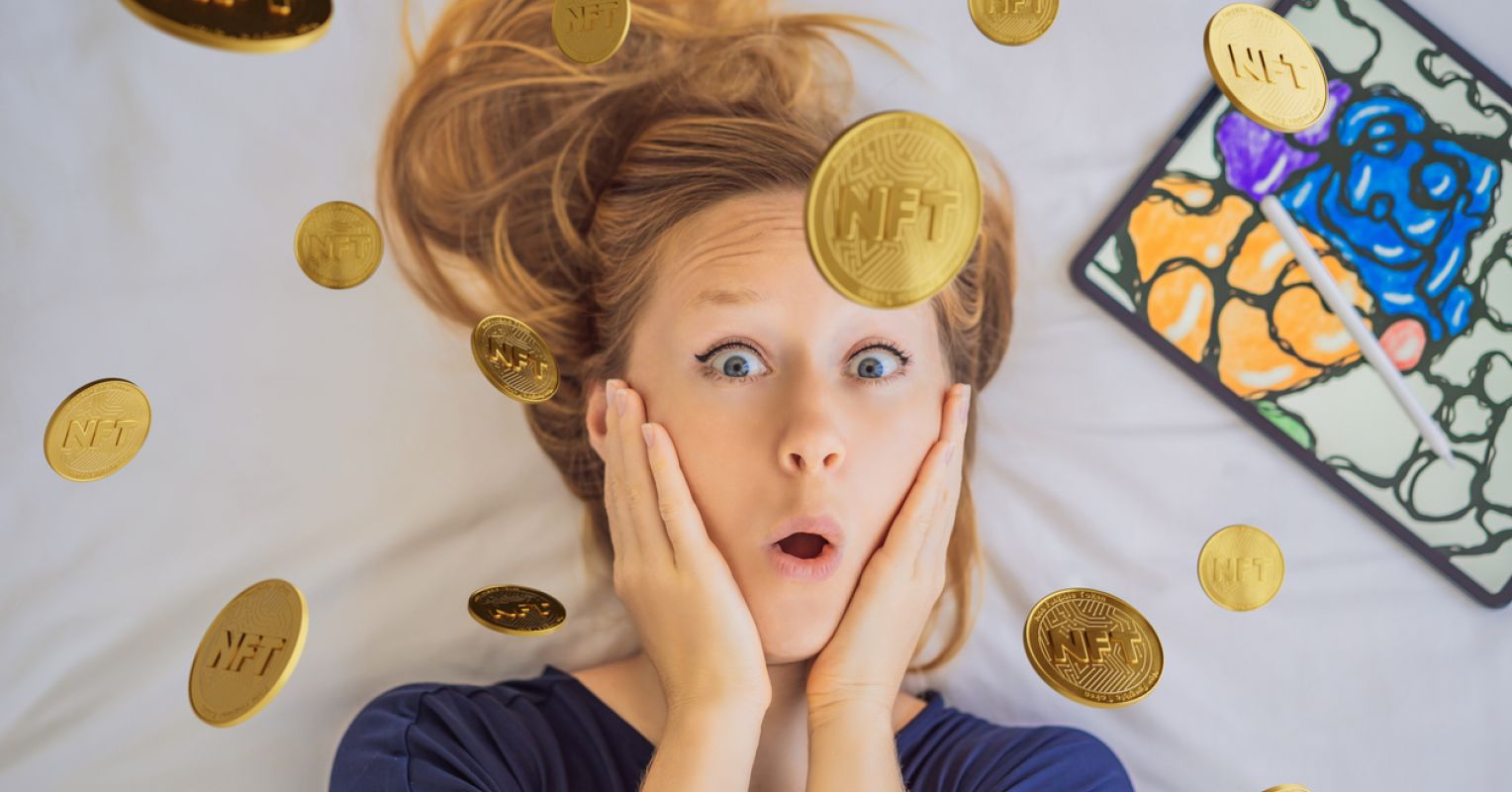
"For example, a key component underlying gambling addiction is the illusion of skill. In speculative stock betting or trading, users believe data analysis, expertise, or strategy can overcome randomness. But outcomes are also heavily influenced by market volatility. In addition, emotional triggers often include a dopamine rush caused by anticipation, the thrill of winning, and the urge to "chase" losses after setbacks. (Chasing losses means the person continues to gamble because they believe they must be due for a win by now.)"
"In each, participants frequently stake money on uncertain, competitive outcomes and receive unpredictable, variable rewards-the same pattern driving gambling disorder. Both are socially reinforced-traders through their online communities and fantasy players through leagues, group chats, and competition. Both may become identity-based ("I'm a savvy investor"). Each activity escalates from low-risk entry engagement through higher stakes, increased frequency, and emotional dependence, making individuals highly susceptible to behavioral addiction patterns despite the activity being framed as skill-based rather than gambling."
Speculative stock trading, day trading, online stock options, and cryptocurrency trading exhibit behavioral parallels with gambling and fantasy sports betting. Participants regularly stake money on uncertain competitive outcomes and receive unpredictable variable rewards that create reinforcement patterns found in gambling disorder. Illusion of skill leads traders to overestimate the impact of analysis or strategy amid market volatility. Emotional triggers include dopamine-driven anticipation, thrill of wins, and the urge to "chase" losses. Social reinforcement through online communities and leagues, and identity formation as a savvy investor, drive escalation from low-risk engagement to higher stakes, increased frequency, and emotional dependence.
Read at Psychology Today
Unable to calculate read time
Collection
[
|
...
]